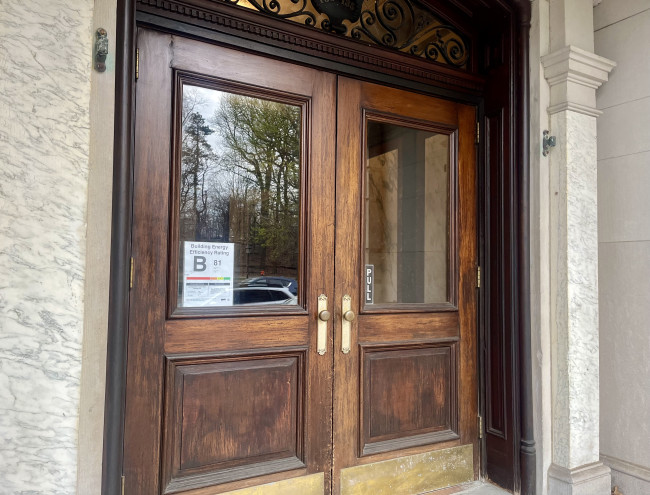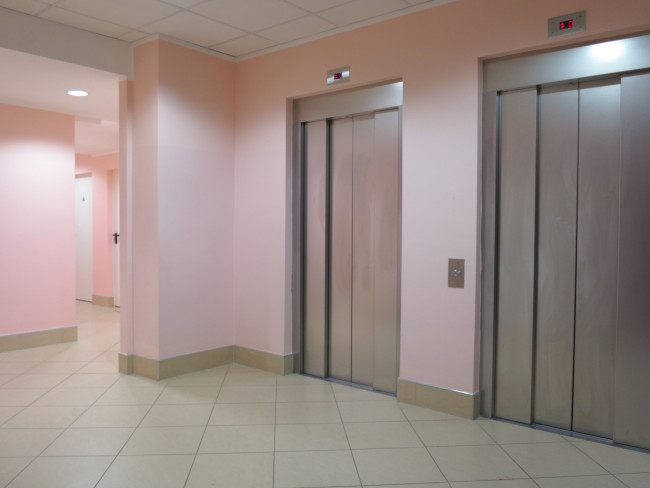How do we get compensated for damage to our apartment by work on our building's façade?
- Notify management about the damage and provide a detailed account of what happened
- The agreement between the co-op building and contractor addresses repairs and insurance

Your co-op's property manager should handle the process for you. If they don't respond, escalate it to the board and copy the contractor in your email.
iStock
My co-op started leaking after a contractor began façade work on our building. In addition, my curtains are destroyed and there are holes in the window screens. What is the process for reimbursement and repairs when facade work damages the interior of a unit?
You should certainly seek compensation for damage in this scenario, our experts say. The process will include notifying your co-op’s managing agent about the damage and also documenting the conditions.
In most cases, the co-op will have an agreement with the contractor who is doing the façade work and it will have a provision that addresses repairs for damages to the co-op building and shareholder's apartments.
Insurance provisions in a contractor's agreement
“The co-op is likely a named insured on the contractor’s insurance policy so if there is damage caused in connection with the work, prompt notice of the damages should be sent to the co-op with direction to send it to the contractor,” says attorney Christopher M. Tarnok, a partner at DL Partners.
As a shareholder you may not have access to the contract but Tarnok says the agreement between the co-op and the contractor likely has a provision addressing insurance and repairs for damages.
The agreement will explain how repairs will be carried out, whether that’s immediately in the case of an emergency, when the work is finished, or within a certain time period of being notified of damage.
Notifying the management about damages
When you notify the managing agent about the damage you need to be as detailed as possible in explaining what has happened. “Usually you will need to send the request and photos through the managing agent and ask for compensation,” says Deanna Kory, a leading agent at Corcoran.
When building-wide work is being carried out, Tarnok suggests co-op boards have a point person designated to handle damage notices from shareholders and convey this information to the contractor. "It's important to put everything in writing—so you have documentation to rely upon," he says.
Documenting the damage is important because there's an obligation on the part of the shareholder to mitigate damages—this might mean timely notification of a leak to avoid secondary damage to furnishings.
Depending on the extent of the damage, the contractor may choose to make the repairs independent of the insurance carrier. Either way the management would be the one to handle the process for you. “If the management is not responding, elevate it to the board, and if the board doesn’t respond, go to the contractor,” Tarnok says.
It's important to follow the process outlined in the contract because in most cases the contractor will have the right to make repairs. If the contractor fails to comply, then the co-op would be able to make repairs at the contractors expense, but going out of pocket on your own is a mistake.
"You could find yourself in a situation where you can’t be reimbursed because it might not line up with the remedy provisions in the contract between the co-op and the contractor," Tarnok says.
He points out, as a shareholder you also need to cooperate in good faith and provide reasonable access to your unit for repairs.
You Might Also Like




























